Prof. Murray Lark delivered statistics research methods module for University of Zimbabwe students
June 12, 2023
I recently read a remarkable book called Victorians and Numbers (Goldman, 2022). This tells the story of how a diverse set of academics, campaigners and politicians in Victorian Britain were enthused by the idea of collecting, analysing and visualising data to identify social problems and injustices and to support policies to address them. Parallel movements in …
Veronica Faith Guwela PhD experience
May 18, 2023
I’d like to share a story of how my love for Agricultural Sciences developed. I was about 12 years old when I accompanied my parents to our family farm to harvest maize. As we were harvesting, I noticed a number of cobs that were affected by maize Smuts. I did not know the name maize …
Disease susceptibility and genes in wheat
January 24, 2023
Last week we explored the ways scientists are working to diversify wheat genes to combat vulnerabilities to disease. This week, PhD candidate Nicola Walter takes us on a deep dive into gametocidal genes – selfish elements that preferentially transmit themselves to new plants by destroying those chromosomes that don’t have the gene. Gametocidal genes Genetic …
Diversity in wheat and the potential solutions
January 16, 2023
Wheat is one of the most essential crops in modern day diets. Alongside rice and soy, wheat is a staple food for many and a fundamental ingredient in many food stuffs. In this blog post, PhD candidate Nicola Walter outlines how diversity in wheat has been affected by generations of breeding, and the different ways …
The legacy of soil surveys
December 5, 2022
December 5 is World Soil Day. According to the UN, the purpose is to ‘focus attention on the importance of healthy soil and to advocate for the sustainable management of soil resources’. In this post, Prof Murray Lark reflects on the history of soil surveys and how they can aid our understanding and practices of …
Can we improve heat tolerance in rice? An interview with Dr Jordan Robson
November 29, 2022
Jordan Robson works on heat tolerance in rice populations. She is a Postdoctoral Research Fellow with the Palaeobenchmarking Resilient Agricultural Systems project. Prior to this she completed her PhD in Prof Zoe Wilson’s lab in Plant Sciences at UoN. Tell me about your work. What is your research about? My research is based on …
How should uncertainty in spatial information be communicated?
November 12, 2022
This post is written by Dr Christopher Chagumaira with contributions from Prof Murray Lark. Many and varied people have to make decisions about environmental management, be they farmers, policy-makers or managers, and spatial information about environmental variables (e.g., soil properties) is essential for this task. Within the Future Food Beacon, the GeoNutrition project is concerned …
Future Food PhD wins prestigious Carlos Fuentes award
September 21, 2022
Karla G. Hernandez-Aguilar, a PhD candidate with the Palaeobenchmarking Resistant Agricultural Systems project, has been awarded a Carlos Fuentes award by the Mexican Society of the UK for her PhD research. Karla’s PhD project is titled: Understanding microenvironments and the potential of traditional agricultural systems in a changing climate in Mexico and Belize. Her interdisciplinary …
Small Islands and Developing States, food systems and climate change
November 11, 2021
The food systems of Small Islands and Developing States are particularly susceptible to climate change. They therefore require different strategies and thinking on this challenge, argue Ee Von Goh, Chiew Foan Chin, Christina Vimala Supramaniam, Andrew Clarke, and Pau Loke Show. Small island developing states (SIDS) are disproportionately affected by climate change. SIDS are considered …

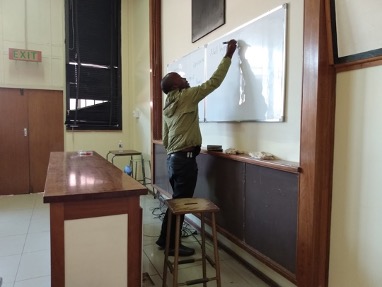
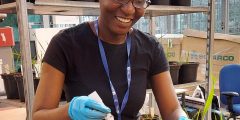
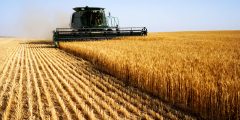
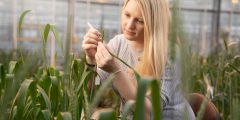
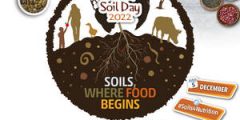
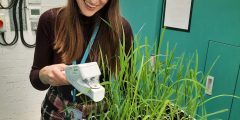
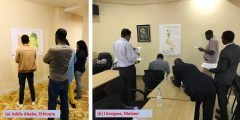
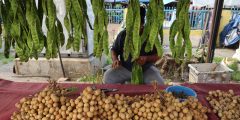

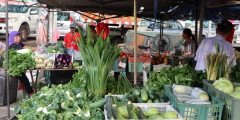
Recent Comments